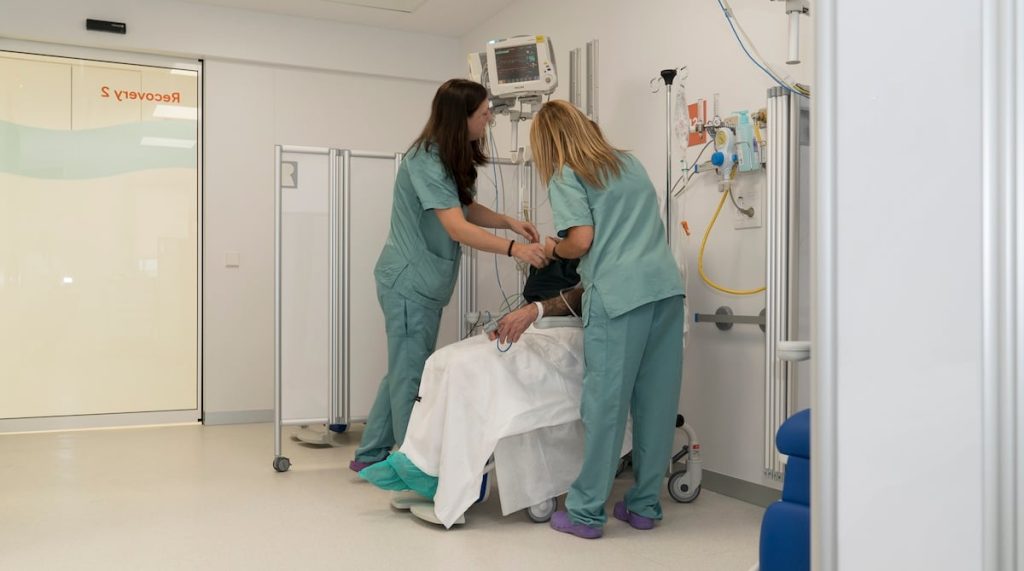The belief that Barcelona is empty in August and less busy is no longer true, according to Rosa Maria Alcolea, a family doctor at CAP Besòs. She has noticed an increase in urgent visits during the summer months, partially due to the lack of available professionals, exacerbated by hiring restrictions in various regions of Catalonia. The aging population in the region and the extended life expectancy are also contributing factors to the growing pressure on the healthcare system. Urgent cases have increased by 30% and vital cases by 20% compared to the summer of 2023, as reported by Magda Moyano, a union delegate at the hospital Germans Trias de Badalona.
Mireia Puig, president of the Societat Catalana d’Urgències, notes a change in the healthcare landscape, particularly in hospitals, where emergency room visits are steadily increasing each year. She emphasizes that summer is not a period of calm, as there are often spikes in activity due to chronic patients being affected by the heat. The profile of patients seeking care has also evolved, with chronic patients requiring more time to address their health issues, impacting emergency services. The Department of Health instructed a reduction in staff substitutions this summer for economic reasons, leading to busier consultations and less efficient processes, as experienced by Alcolea in her ambulatory center.
The shortage of healthcare professionals is not a new issue but rather a structural scarcity, as mentioned by Puig. While the emergency department at Germans Trias has had a sufficient staff, other areas within the hospital have experienced reduced activity, with more bed closures than usual. The system aims to return to its normal pace after September 15 when the vacation period ends, but concerns remain about the long-term effects of the high demand for services. Appointments are being scheduled for a minimum of three weeks in advance, indicating a possible increase in waiting lists in the coming months according to Alcolea and Moyano.
Cinta Oliveras, a 90-year-old patient, had to wait in the hospital Clínic emergency room during a heatwave in August, experiencing delays in receiving definitive care despite being stabilized. The changing patient profile, including the elderly and those with chronic conditions, requires more attention and time, affecting the efficiency of emergency services. The current summer has been particularly challenging due to the reduced availability of substitute staff compared to previous years, leading to overcrowded consultations and a less effective follow-up process for patients.
The healthcare system in Catalonia is facing increasing pressure, especially during the summer months when emergency room visits rise steadily. The combination of an aging population, extended life expectancy, and the lack of available healthcare professionals has contributed to the strain on the system. While efforts are being made to address the immediate challenges, such as reducing staff substitutions and managing the high demand for services, there are concerns about the potential long-term impact on waiting lists and overall patient care. As the healthcare system strives to recover its usual pace post-summer vacation, the urgency of addressing structural deficiencies and ensuring adequate staffing levels remains a priority for the region.


